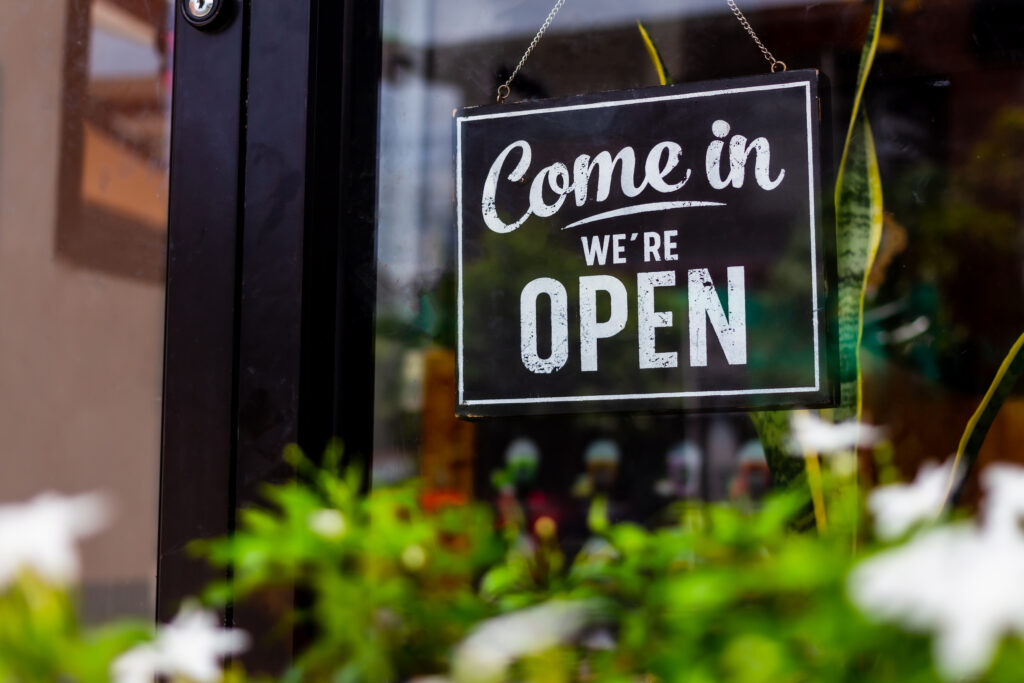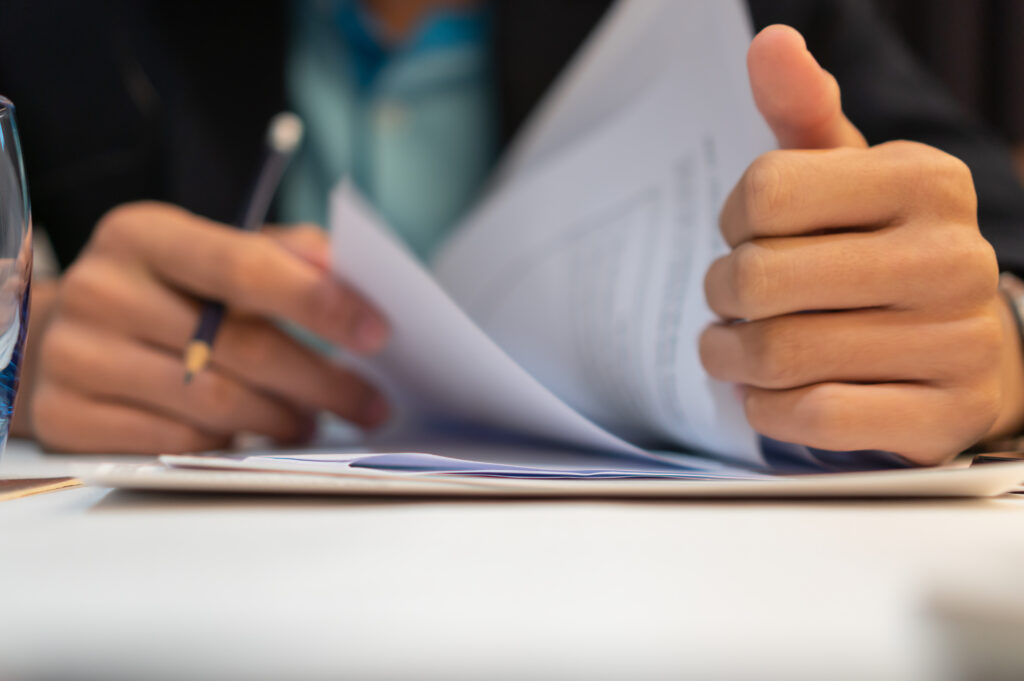New research has shown that over two-thirds of students agree that cheating is easier to get away with now that many courses are conducted entirely online.
Commissioned by Studiosity and conducted by Student Edge, the research also revealed that:
- The data was consistent across male and female students.
- 1 in 10 students agree that studying alone reduces students’ confidence.
- 7 in 10 (71%) of Victorian students think it’s now easier to cheat, and 3 in 5 (63%) have either cheated on an exam or assignment in the last year or know of someone who did – the highest numbers out of all the states and territories in Australia.
An anonymous student respondee stated, “Online exams are very easy for people to cheat on. For example, my university did not have cameras or computer tracking at all so I could easily have had notes right next to me to copy. Someone I worked with stated that he and his friends Facetimed during their exams and shared answers, and that for a maths exam, they split up the questions, so each guy only did 20% of the exam themselves.”
With exams coming up for many students, let’s discuss cheating and the consequences if you are caught.
What happens if I’m caught cheating?
Cheating on exams or assignments, including contract cheating, has very serious implications. Each education provider in Australia will have its own policies in place on how to penalise cheating.
If you are suspected of cheating, it is likely that your education provider will launch an investigation and assess all evidence or information provided regarding the matter. Penalties may range from receiving the lowest level pass for that set assignment to expulsion, in serious cases. For international students, a cheating infringement can affect your student visa.
“The very sad part is that a lot of students don’t fully realise the risks they’re taking by cheating,” shares Professor Judyth Sachs, Chief Academic Officer at Studiosity. “Even things like texting exam answers to a friend during an online quiz, can make you lose your degree and cost your entire academic career. If you’re caught cheating, it goes down on your permanent academic record.”
What is considered cheating in Australia?
Your education provider will have set academic integrity policies and definitions on what they consider cheating. Make sure that you understand these.
Getting help
With the stresses of the COVID-19 pandemic, deadlines and remote learning, we understand that the temptation to cheat can be overwhelming. However, the consequences, if you are caught, can have a serious impact on you and the people around you.
Your education provider has support services in place to help you with your academics. While the purpose of exams and assignments is to challenge you and improve your knowledge, they are not designed to overwhelm you to the point of academic dishonesty.
If you need academic assistance, consider:
- Reaching out to your course coordinator, tutor or lecturer. These are the best people to offer you advice on how to proceed in areas you are struggling in.
- Contacting your education provider’s study support service. While they may not be able to provide help with a specific course or assignment, support staff can offer general advice and assistance with tasks such as essay writing.





